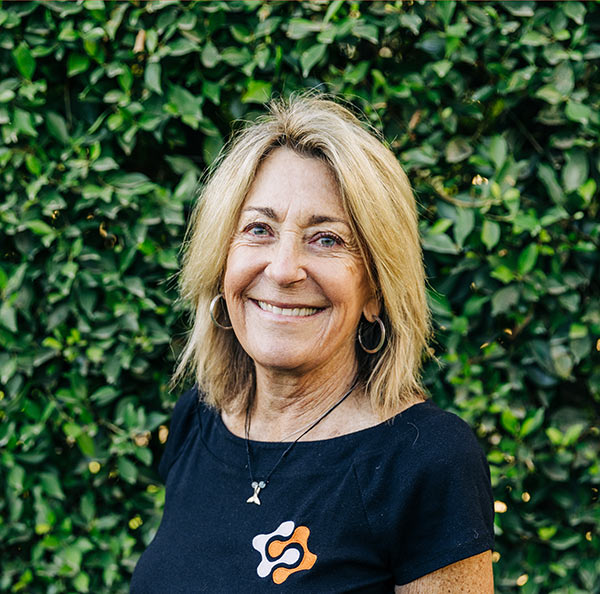Maximize the power of the collective expertise in your school through High Impact Teams
HITs aren’t just about planning and then planning some more, or about analyzing multiple on-going sets of data. HITs have a singular purpose, that is, building student ownership of learning. And Peer Power is all about student ownership in living color.

So, every school has ‘em, teams, that is. The question is are the teams collaborating purposefully? Effectively? Efficiently? Around those influences that have a direct and significant impact on student learning? Focusing each and every team meeting on strategically innovating around strengthening student efficacy and agency reaps big rewards for both the students and the teachers. Take a look:
- Collective Teacher Efficacy (CTE) has a *1.44 effect size. CTE is one of the few things that has the potential to mitigate the effects of poverty.
- Assessment Capable Learners (ACL) has a *1.33 effect size. When students can self-assess, that is, they know where they’re going, where they are in the process of getting there and know their next learning step(s), they OWN their learning.
Teams are a very big deal. ‘We are definitely smarter than me’ and not just in education. Google studied teaming and found, not surprisingly, that working effectively together can reap powerful results. (Project Aristotle)
Effective teams:
- innovate faster
- see mistakes quickly
- find better solutions
- get better results
- have higher job satisfaction
Schools don’t improve one teacher at a time nor one principal at a time. Teams are the unit of change in a school. Schools improve from within through highly effective learning teams. When teachers and leaders collaborate around high impact practices, e.g., student to student feedback (peer review), teacher clarity, the formative process, etc., the collective expertise within the school strengthens. When teachers strengthen their practices together, students are always the winners.
Schools that have created and nurtured a collaborative culture know the immense value of effective teaming. And savvy leaders know it takes committed leadership to strengthen and sustain healthy teams.
Two things to remember:
- Collaboration is a skill and because of that, it takes practice, feedback, and facilitation. In other words, you don’t go to a workshop and come away being ‘good’ at collaboration. There’s sweat equity in collaboration.
- Without relational trust, robust collaboration cannot exist. Period. (Project Aristotle)
What does it take? We have identified five critical components of “Rockstar Teams”
- TRUST – first and foremost, psychological safety to share challenges, innovations, failures, and wins.
- PURPOSE – Clear goals and worthwhile purpose. This is not a top-down model of agendas and notes. High Impact Teams share a common belief in all students and an unrelenting focus on strengthening student efficacy and agency.
- SUPPORT – administrative support and attention, protected time provides the setting for collaborative inquiry.
- TRAINED PEER FACILITATOR – collaboration is a developed skill over time and requires a skilled peer facilitator to ensure that strategic protocols are followed for depth and efficiency.
- COLLECTIVE ACTION – highly effective teams are doers, not just talkers. They are not ‘collaborators’. They are risk-takers and innovators. They design strategies in response to students’ learning needs. They walk out the door ready to roll.
Peer Power is a direct result of high impact teams. They believe in students’ capacity to learn together, to give and receive constructive feedback. Creating a classroom learning environment where students feel safe to take risks, make mistakes, challenge one another around a learning goal takes tons of learning, self-reflection, clarity, and collaboration. And the value of hard work is immense and can be life-changing for both students and teachers.
How does your team monitor their impact on building student ownership and efficacy? Please share
Leading Impact Teams: Building a Culture of Efficacy
Impact Teams (PLCs) are teams of educators that partner with students. They innovate to expand student ownership and agency. They scale up their collective expertise to make a difference for ALL students.
Learn More

